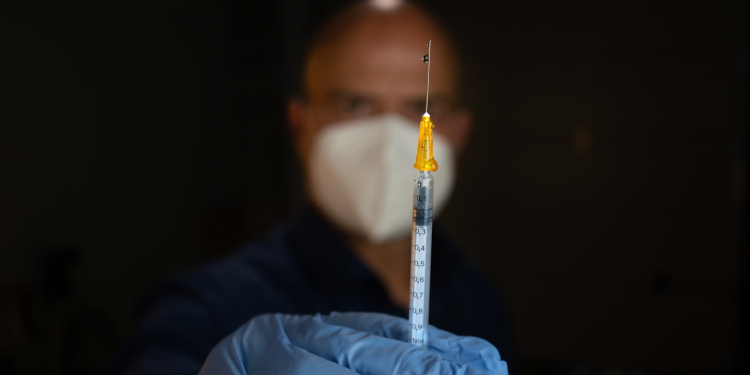The FINANCIAL — Vaccines are a critical part of slowing, and eventually stopping, the spread of COVID-19, and Kaiser Permanente is committed to providing you with vaccine information as it’s available.
Here is an update on 5 things we know about the COVID-19 vaccines:
1. Vaccination is the best protection against the variants. The highly contagious delta variant is a strain of the coronavirus that is currently responsible for the majority of COVID-19 cases in the United States. The best protection against the delta variant and the best way to stop the creation of more variants is getting vaccinated as soon as possible. Especially in areas of high transmission, even people who are fully vaccinated should take precautions such as wearing a mask, distancing, and frequent handwashing when in crowded settings and public indoor spaces.
2. Everyone 12 and older is eligible for vaccination. While there are 3 authorized vaccines in the United States (the Pfizer, Moderna, and Johnson & Johnson vaccines), the Pfizer vaccine is currently the only one authorized for people age 12 to 17. The Moderna and J&J vaccines are authorized for people age 18 and older. Pfizer has the Food and Drug Administration’s full approval in individuals 16 and older. The Moderna and J&J vaccines have received emergency use authorization from the FDA.
Please note that state law may require consent from a parent or guardian for people under 18 prior to vaccination, Kaiser notes.
3. A plan for booster shots has been developed. The U.S. Department of Health and Human Services has developed a plan to begin offering booster shots this fall 2021. The plan is subject to the FDA’s independent evaluation and determination of the safety and effectiveness of a third dose of the Pfizer and Moderna vaccines, and the Center for Disease Control and Prevention’s recommendations based on a thorough review of the evidence. According to the plan, the individuals who were fully vaccinated earliest in the vaccination rollout, including many health care providers, and nursing home residents and other seniors, will likely be the first eligible for a booster.
4. It takes a couple of weeks for the vaccine to provide full protection. People are considered fully vaccinated 2 weeks after their second dose of the Pfizer or Moderna vaccine, or 2 weeks after the single-dose J&J vaccine. If it has been less than 2 weeks since your vaccination, or if you still need to get your second dose, you are not fully protected.
5. Masks remain important in many settings. Even though mask mandates vary in many areas, risk remains for ongoing transmission of circulating variants, including the delta variant. Masks continue to be required at all Kaiser Permanente facilities. When in public indoor spaces, wearing a mask adds protection, in addition to handwashing and physical distancing. Although wearing a mask may not be required in certain conditions for people who are fully vaccinated, it remains prudent to do so. In addition, even after being fully vaccinated, anyone with symptoms of illness should get tested for COVID-19 as soon as possible and isolate at home.
Kaiser Permanente advises everyone age 12 and older to get vaccinated as soon as possible. The CDC also advises mask-wearing — even for people who are fully vaccinated — if you live in a place with “substantial” or “high” COVID-19 transmission. The guidance for people who are unvaccinated remains the same: Always mask up indoors.































Discussion about this post